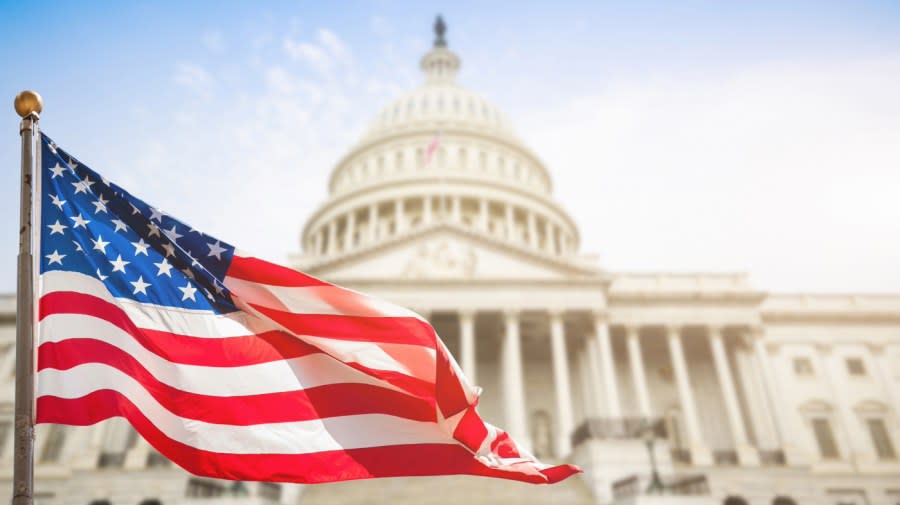20 percent say violence may be needed to get US back on track: Poll

Just more than 20 percent of Americans indicated violence may be necessary to secure political objectives in 2024, according to an NPR/PBS NewsHour/Marist poll released Wednesday.
Roughly equivalent portions of Democratic and independent respondents said they see violence as an option, with 28 percent of Republicans agreeing violence may be a political strategy.
Previous reports, including those from Johns Hopkins University’s Agora Institute, have found experts believe political violence or the threat of it is harming American democracy, and especially the health of elections. More than half of those experts said elections have a high potential for disruption in the future.
And Republicans, especially Trump supporters, have little confidence in the fairness of American elections. According to a USA TODAY/Suffolk University Poll, more than half of Trump supporters indicated in January that they doubted votes would be accurately counted in the 2024 election.
Only 38 percent of Republicans in the Marist poll said President Biden won the 2020 election.
The poll found an even larger percentage of respondents indicated they desire a leader who “breaks some of the rules to get the nation back on track,” with nearly 30 percent of Democrats indicating agreement, for example.
More than half of Republican respondents said the same, and more than 40 percent of total respondents agreed.
An optimistic reading of the Marist poll would notice unity in the opinions of a majority of Americans; more than half of respondents indicated they believe violence is not justified to save the country, have friends with politics other than their own, believe Biden won the 2020 election and say religion should not influence government policy, for example.
“Regular Americans hold pretty mixed views and are not nearly as polarized even on things like abortion, gun control, immigration,” Rachel Kleinfeld, a democracy expert and senior fellow at the Carnegie Endowment for World Peace, previously told The Hill.
“Where we’re really failing is on emotional polarization. We just hate each other in part because we believe the other side has much different views, and because we believe the other side looks very different, are made up of very different types of people. Both the beliefs are untrue,” she said.
For the latest news, weather, sports, and streaming video, head to The Hill.


